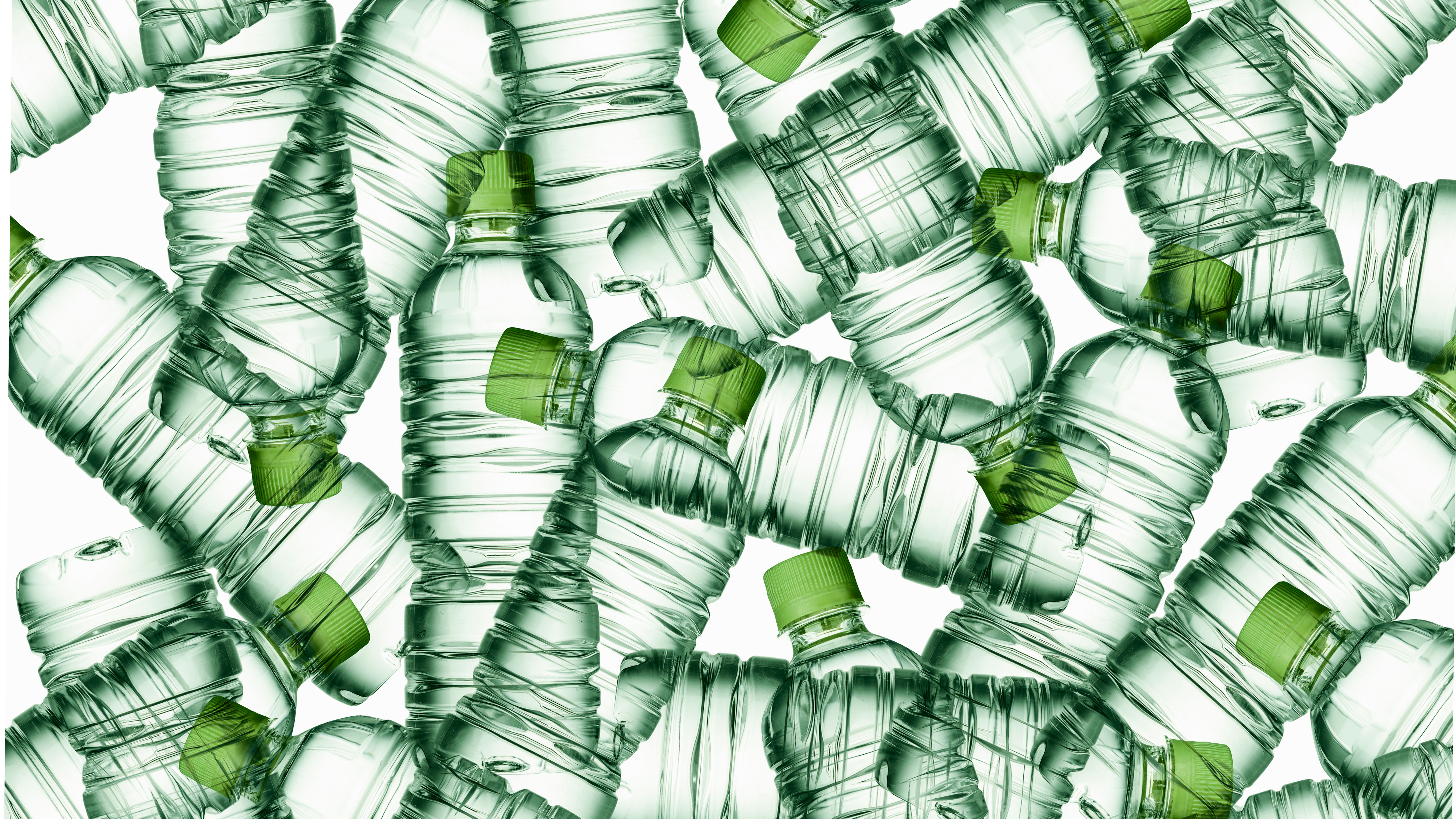Not washing your recycling? Landfilll Armageddon is coming for you
High levels of recyclables contaminated with food are leading councils to redirect recycling to landfills. So wash your tins, pretty please

Think that because you put all your cardboard, glass and paper in recycling, it's all definitely recycled? Nope. Despite us all diligently recycling, household waste recycling targets are still not being met. The UK, for instance, recycles just over 45 per cent of its waste; the US – just over 34 per cent.
- Going plastic free? Check out these 10 ways to reduce your plastic waste
These figures are frighteningly low, given the current levels of ocean pollution and the growing landfill crisis. The use of plastic packaging is a huge component of this problem – some of it is not just non-biodegradable, but can't even be recycled – with the government about to introduce a tax on plastic packaging.
But another reason why even putting your recyclables in the right bin doesn't guarantee it will be recycled is that not all of us know that, in order for your waste to be processed correctly, it needs to be uncontaminated by food or other organic materials.
It's true that one unwashed tin won't cause the whole recycling load to be diverted to landfill, but if the rubbish collectors see a high level of contamination in the bin, they will take the decision to take it to landfill. In some cases, councils will decide to sort through the recycling, either mechanically or by manual sorting, but this costs extra and isn't always feasible.
Just to put that unwashed tin of beans in perspective, the UK alone generated over 52 million tons of landfill waste in 2016 alone. It may seem unimportant whether you wash your recycling or not, but it all adds up in the end. We don't know about you, but we're washing all of ours from now on.
Get small space home decor ideas, celeb inspiration, DIY tips and more, straight to your inbox!
Anna is a professional writer with many years of experience. She has a passion for contemporary home decor and gardening. She covers a range of topics, from practical advice to interior and garden design.